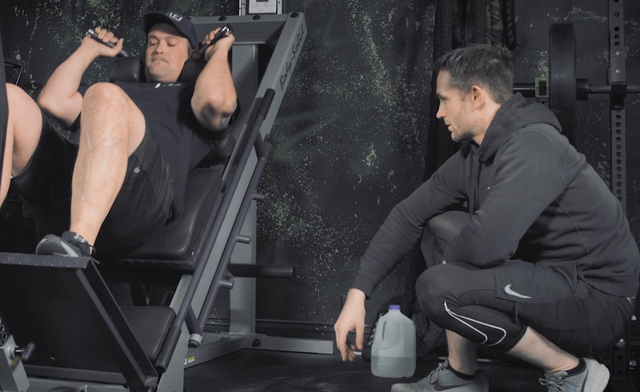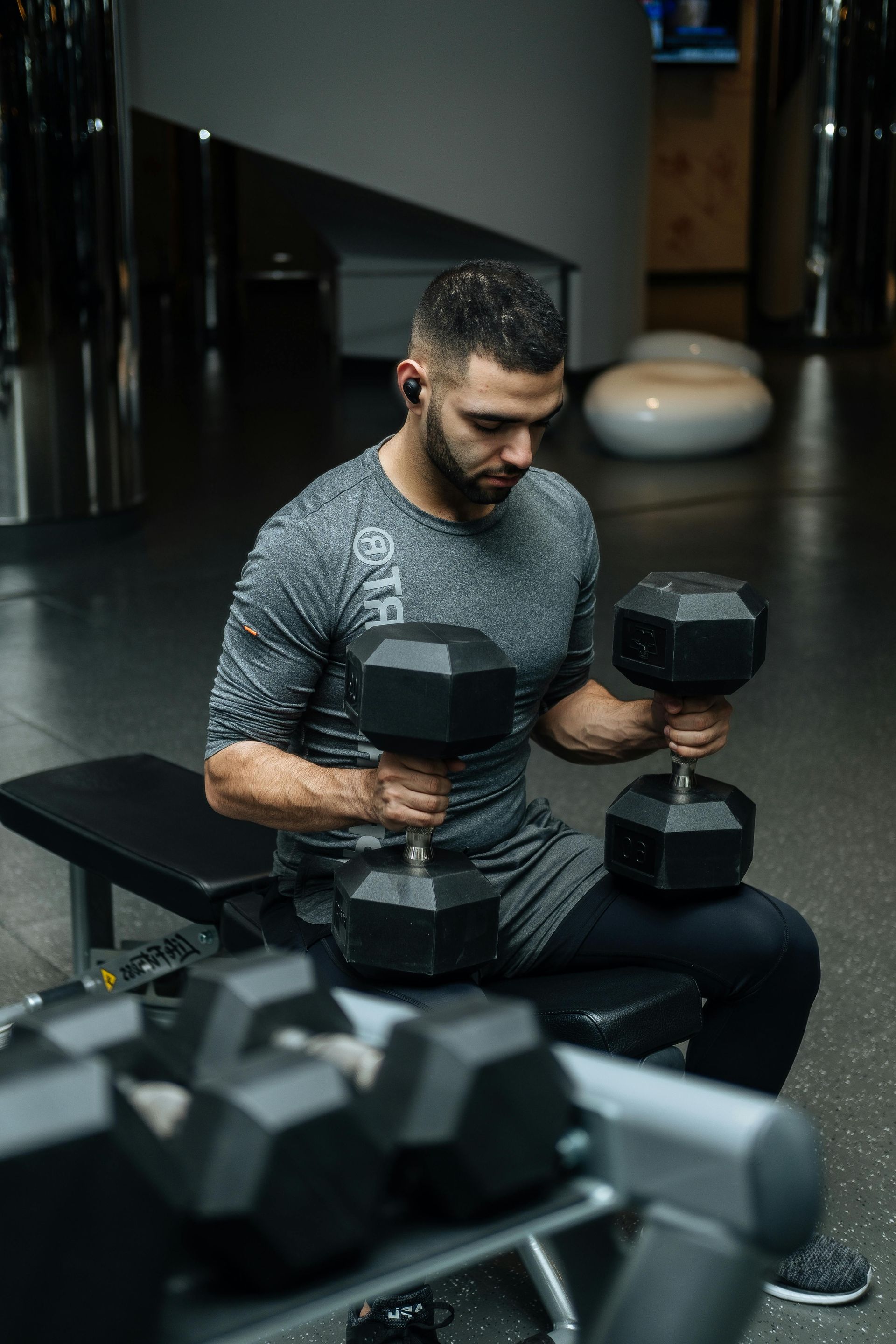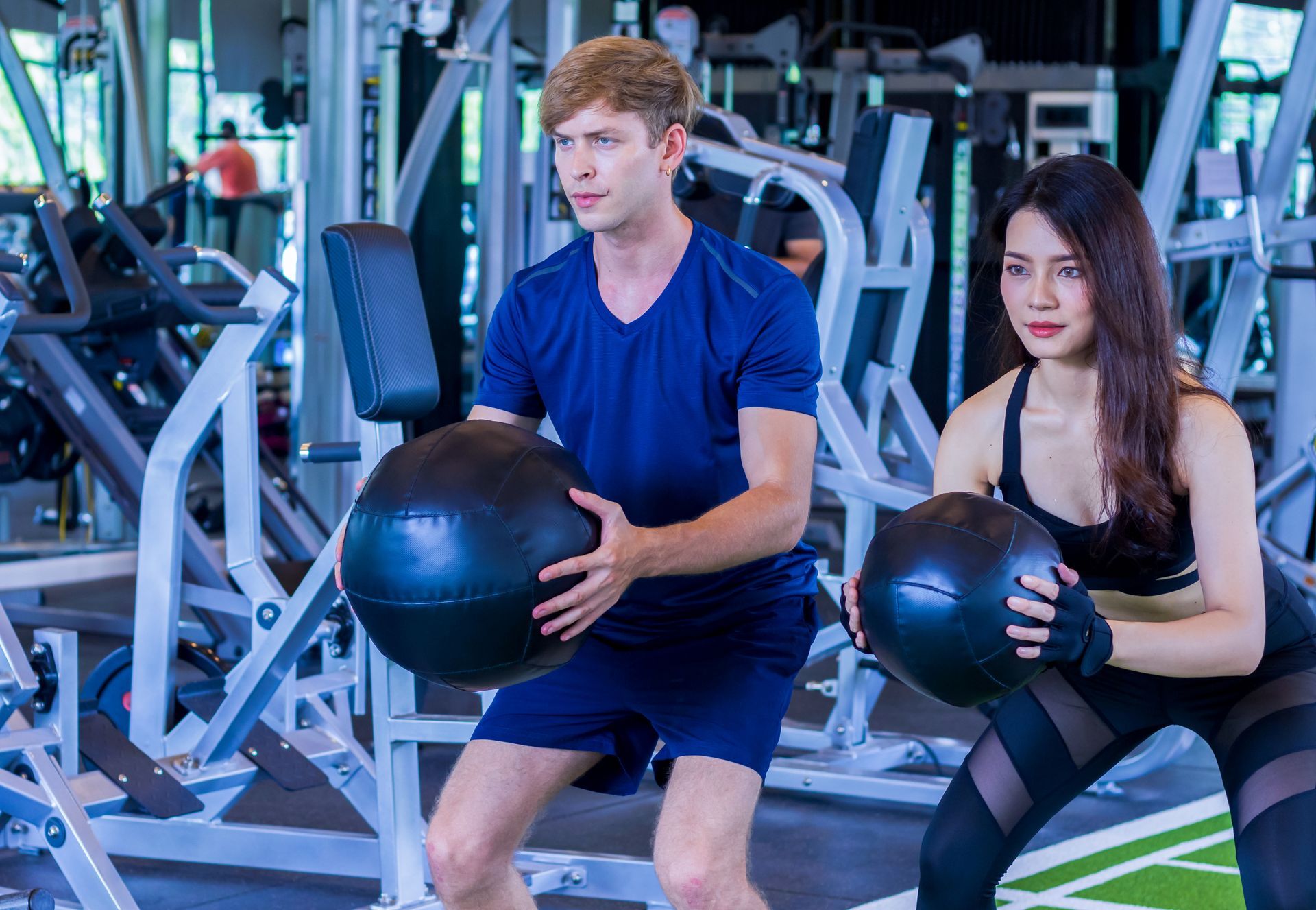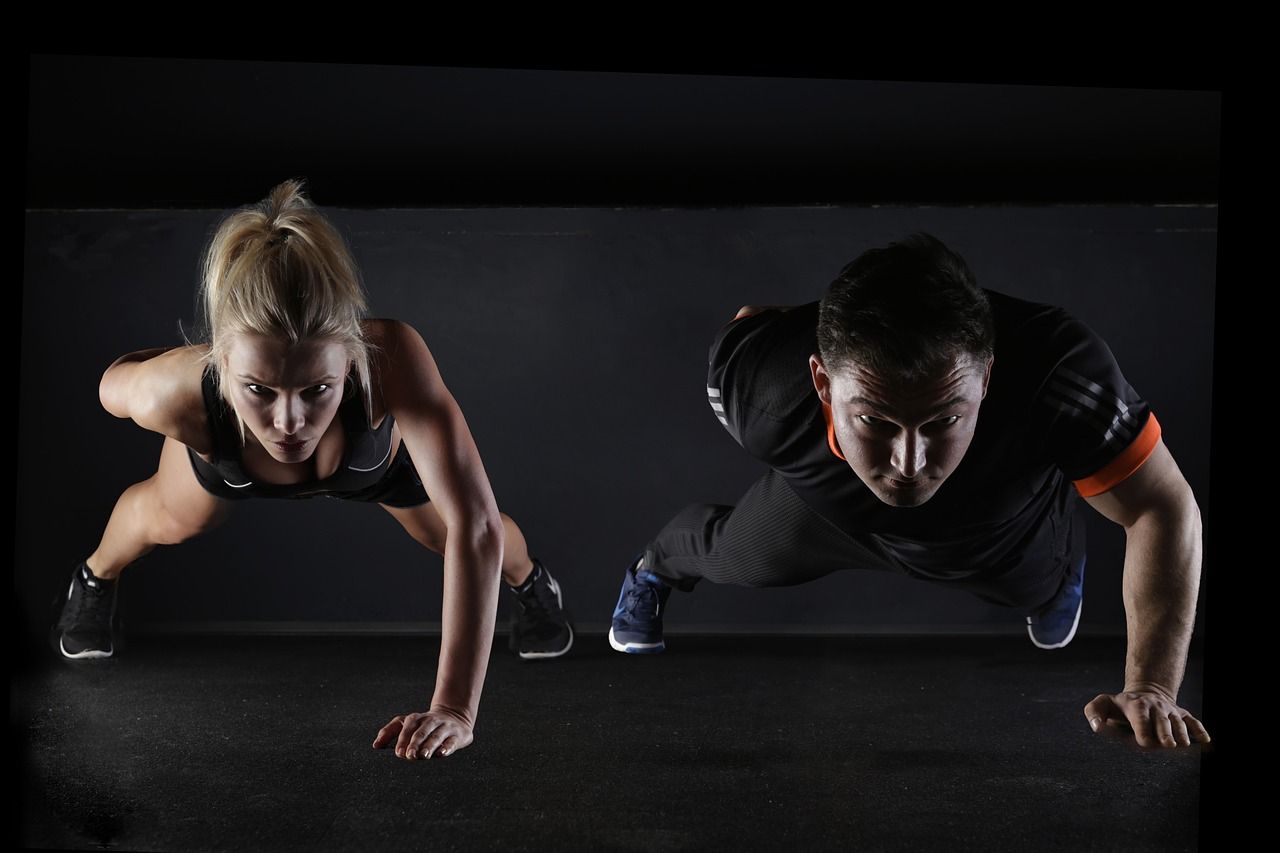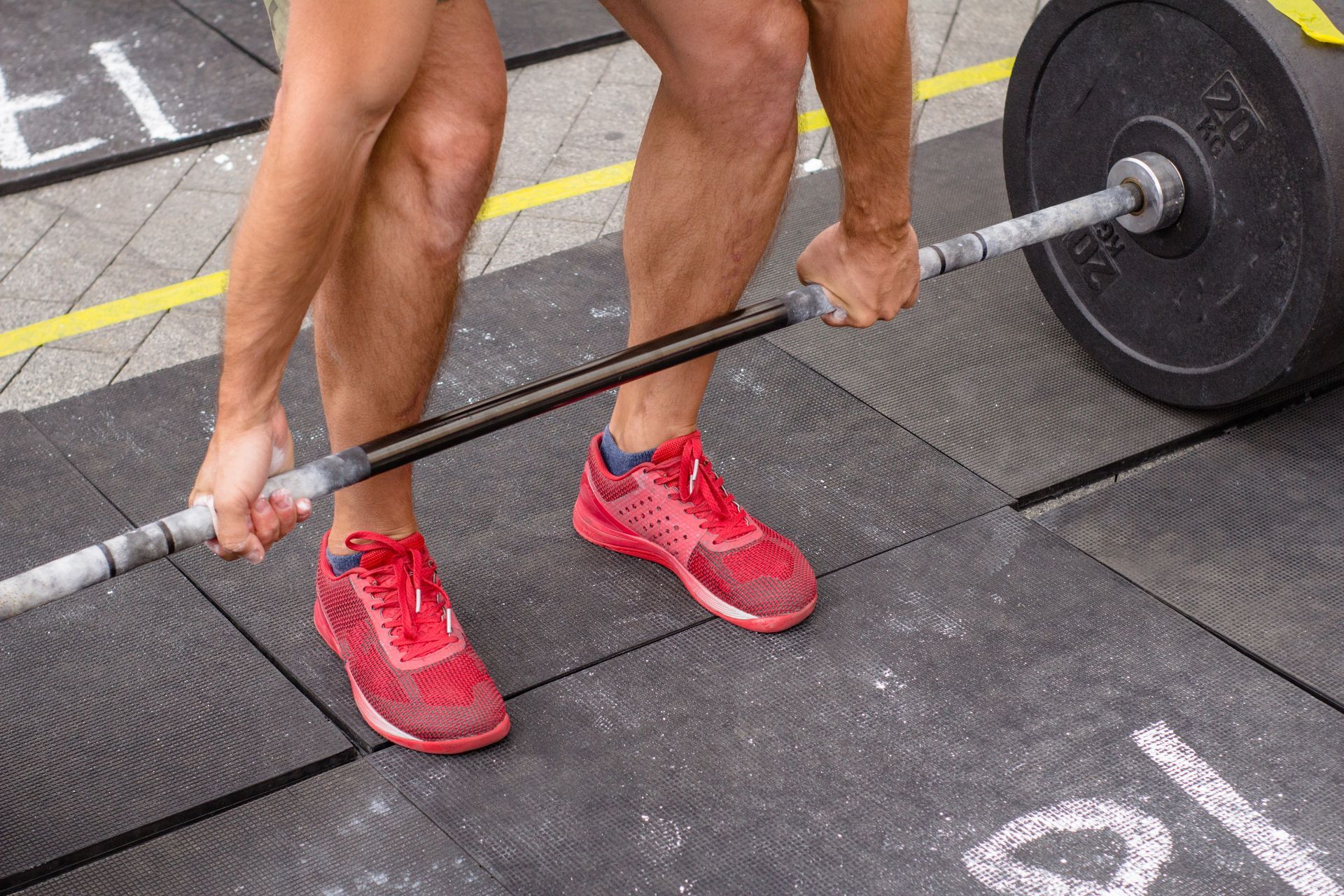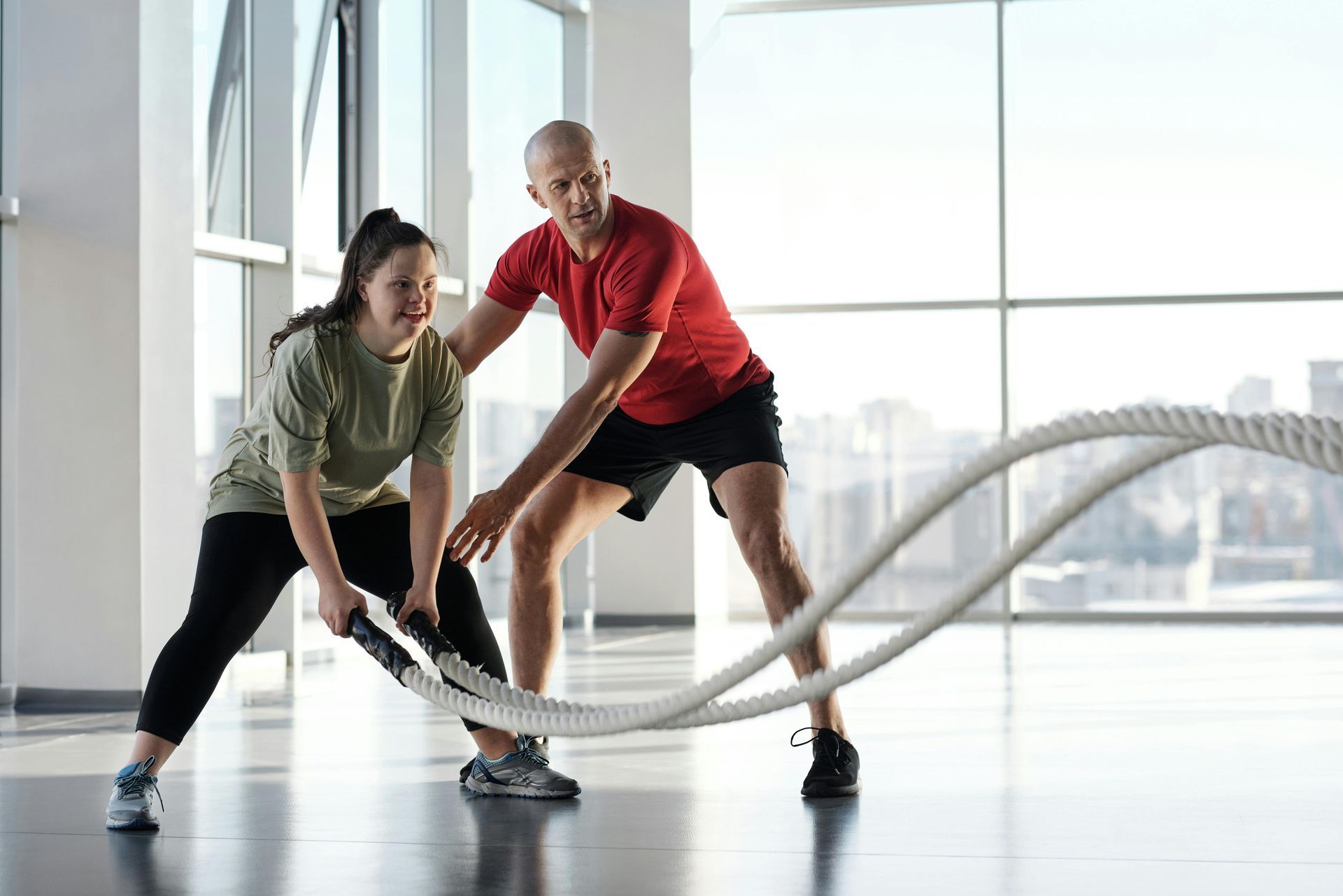Why Functional Fitness Training is a Game-Changer
In a world where convenience is king and sitting is the default position, moving with purpose has never been more important. Functional fitness training isn't just another gym trend—it’s a method that prepares your body for real-life movements. Whether you're lifting groceries, running after your kids, or simply standing up from your desk without wincing, this type of training strengthens muscles and improves mobility in ways traditional workouts often miss.
Let’s dive into why
personal fitness training is a game-changer and how it can help you move better, feel stronger, and live pain-free.
What is Functional Fitness Training?
Unlike old-school bodybuilding routines that isolate muscles, functional fitness training focuses on movement patterns that mimic daily life. These workouts engage multiple muscle groups simultaneously, improving overall strength, stability, and endurance.
Core Elements of Functional Fitness Training:
- Multi-Directional Movements – Exercises that incorporate pushing, pulling, twisting, and bending.
- Core Engagement – Strengthening your midsection for balance and injury prevention.
- Full-Body Workouts – Training multiple muscle groups at once to build functional strength.
- Stability and Coordination – Enhancing your body’s ability to move smoothly and efficiently.
Functional fitness is about training your body for the activities you actually do. So, unless your day job involves curling dumbbells in front of a mirror, it’s time to upgrade your workout strategy!
The Benefits of Functional Fitness Training
Functional fitness training isn’t just about getting stronger—it’s about moving better, preventing injuries, and making daily life easier. With the right fitness coaching, you can maximize these benefits and build a routine that works for you. Here’s how it can help:
1. Everyday Strength You Can Use
By focusing on natural movements, functional fitness improves your ability to lift, squat, twist, and reach—all things you do in daily life. Instead of isolating muscles, you train them to work together, improving efficiency and reducing strain.
- Carrying Groceries? You’ll build the grip and core strength to do it with ease.
- Picking Up Your Kids? Your back and legs will be ready for the challenge.
- Climbing Stairs? Functional training boosts endurance to keep you moving effortlessly.
2. Better Mobility and Flexibility
Functional movements take your joints through their full range of motion, helping to:
- Prevent stiffness and discomfort.
- Improve posture and alignment.
- Reduce the risk of injuries caused by poor movement mechanics.
3. Injury Prevention
By strengthening stabilizing muscles and improving balance, fitness training assessments helps you move safely and avoid injury. It focuses on proper movement mechanics, ensuring that you don’t throw out your back lifting a suitcase or twist your ankle stepping off a curb.
4. Time-Efficient and Effective
No more spending hours at the gym bouncing between machines. Functional workouts often combine strength, endurance, and flexibility training into one effective session.
- Circuits and Compound Movements – Work multiple muscles in less time.
- HIIT Elements – Keep your heart rate up for increased calorie burn.
- Minimal Equipment Needed – You can train at the gym, at home, or outdoors.
The Role of Fitness Assessments in Functional Training
Before jumping into a functional fitness routine, it’s important to assess where you’re starting from. This is where fitness assessments come in.
What is a Fitness Assessment?
A fitness assessment evaluates your current physical condition, identifying strengths, weaknesses, and imbalances. It typically includes:
- Strength and Endurance Tests – Measure muscular performance.
- Mobility and Flexibility Analysis – Identify areas of tightness and restriction.
- Balance and Coordination Checks – Assess stability and control.
- Postural Evaluation – Detect alignment issues that could lead to injury.
Why is a Fitness Assessment Important?
A
weight loss training assessment helps ensure that your workout plan is tailored to your needs, preventing injuries and setting you up for success. Instead of guessing what exercises will work for you, a personal trainer can create a customized plan based on real data.
Personal Fitness Coaching: Your Secret Weapon for Success
Not sure where to start? That’s where personal fitness coaching comes in. A certified trainer helps you build a plan that fits your goals, abilities, and lifestyle.
Benefits of Working with a Personal Trainer:
- Expert Guidance – Learn proper technique to maximize results and avoid injuries.
- Accountability – Stay consistent with your workouts.
- Personalized Workouts – Get a routine designed for your needs.
- Ongoing Support – Adjustments as you progress to keep you challenged.
At-Home Sessions & Youth Summer Camps
We understand that gym life isn’t for everyone. That’s why we offer at-home training sessions—get fit in the comfort of your home without needing fancy equipment.
We also offer
youth summer camps, helping kids build strength, coordination, and confidence while having fun!
Common Functional Fitness Exercises
Want to start incorporating functional fitness training into your routine? Here are some staple exercises:
- Squats – Build lower body strength and improve mobility.
- Deadlifts – Train proper lifting mechanics to prevent injury.
- Lunges – Improve balance, coordination, and leg strength.
- Planks – Strengthen your core for stability in all movements.
- Kettlebell Swings – Boost power and endurance with dynamic movements.
Ready to Get Stronger and Move Better? Call Us for Fitness Training in Franklin, WI
Functional fitness training isn’t just about working out—it’s about enhancing your quality of life. At Relentless Fitness MKE, we specialize in helping clients build strength, mobility, and endurance through customized training plans.
Call us today at
(262) 745-6715 to schedule a consultation and start moving with confidence. We serve Franklin, WI, and the surrounding areas with expert training services, including
at-home sessions,
youth summer camps,
and more. Let’s transform the way you move!
FAQs
Is functional fitness training good for beginners?
Yes! Functional fitness training can be adapted to any fitness level. Beginners start with bodyweight movements before progressing to more advanced exercises.
How often should I do functional fitness workouts?
For best results, aim for at least 3-4 sessions per week, depending on your goals and fitness level.
Do I need equipment for functional fitness training?
Not necessarily! Many functional movements can be performed with just body weight, but dumbbells, kettlebells, and resistance bands can add variety.
Can functional fitness help with back pain?
Absolutely. By strengthening the core and improving posture, functional training can reduce back pain and prevent future issues.
What makes functional fitness different from regular gym workouts?
Traditional workouts isolate muscle groups, while functional fitness training focuses on movements that translate into real-life activities. It’s practical, efficient, and injury-preventative.

